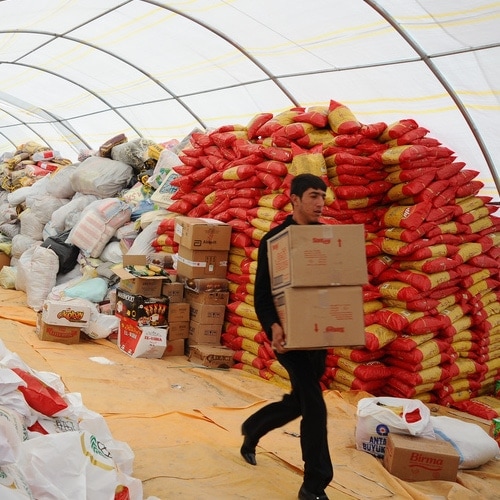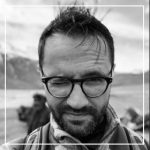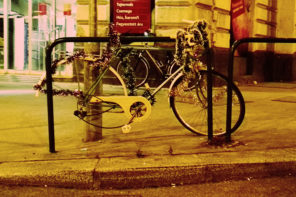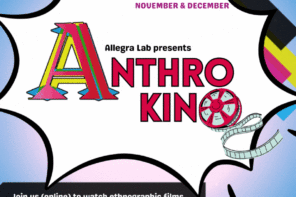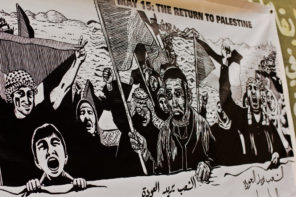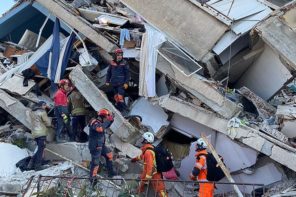Date: 15-16 May, 2019
Place: The Graduate Institute Geneva
Convenor: Dr Till Mostowlansky, Department of Anthropology & Sociology, The Graduate Institute Geneva
Studies on the emergence of humanitarian thought tend to put emphasis on the global, and often violent, spread of Western-centric ideas and practices. This perspective has provided important insights into the Christian genealogy of humanitarianism, the secular translations of its ethical foundation, and processes of contemporary neo-colonial diffusion. Many of these studies on global humanitarian government and its links to the politics of emotion have focused on large-scale institutions conventionally seen as linked to Western societies.
However, more recently, research highlighting the complex entanglements of actors situated in different humanitarian genealogies has gained traction. In practice, these actors have long interacted with each other and continue to re-translate concepts of humanitarianism, development, philanthropy, and charity in the course of everyday encounters. At a historical point in time at which Muslim societies are frequently seen as sites where Western ideas and practices are violently contested, this workshop seeks to explore humanitarian encounters beyond pre-conceived binaries. Bringing together scholars with different empirical and disciplinary backgrounds, it attempts to challenge such clear-cut distinctions.
Against this backdrop, the workshop employs an ever-provisional notion of Muslim humanitarianism – an array of different actors and practices relating to Islam and humanity – as a way of de-centering humanitarianism, and as a means to think together what is often deemed to be apart. It thereby aims to address the following sets of questions:
- How can we think about and conceptualize Muslim humanitarianism? Who are relevant actors and organizations? When and where have they emerged?
- How do Muslim institutions negotiate and navigate humanitarianism in relation to concepts of development, philanthropy and charity? In what ways do they change, accommodate, or adapt them?
- What political and ideological regimes of power exert influence on Muslim humanitarians? What kind of social, spatial and material transformations are thereby fostered?
- What are the methodological implications of studying Muslim humanitarianism across time and space?
Summaries of the workshop contributions will be made available in the series MUHUM – Muslim Humanitarianism at Allegra Lab. Self-funded participants are welcome to attend: please write to till.mostowlansky[at]graduateinstitute.ch
Participants
Benthall, Jonathan (Anthropology, University College London)
Billaud, Julie (Anthropology, University of Sussex)
Derbal, Nora (Department of Sociology, Egyptology & Anthropology, The American University in Cairo)
Gupta, Radhika (LIAS, Leiden University)
Iqbal, Basit (Anthropology, University of California, Berkeley)
Möller, Esther (Leibniz Institute of European History, Mainz)
Monsutti, Alessandro (Anthropology & Sociology, The Graduate Institute Geneva)
Mostowlansky, Till (Anthropology & Sociology, The Graduate Institute Geneva)
Osella, Filippo (Anthropology, University of Sussex)
Rodogno, Davide (International History, The Graduate Institute Geneva
Taylor, Christopher B. (Sociology & Anthropology, George Mason University)
Varley, Emma (Anthropology, Brandon University)
Featured image by IHH Humanitarian Relief Foundation (CC BY-NC-ND 2.0)

